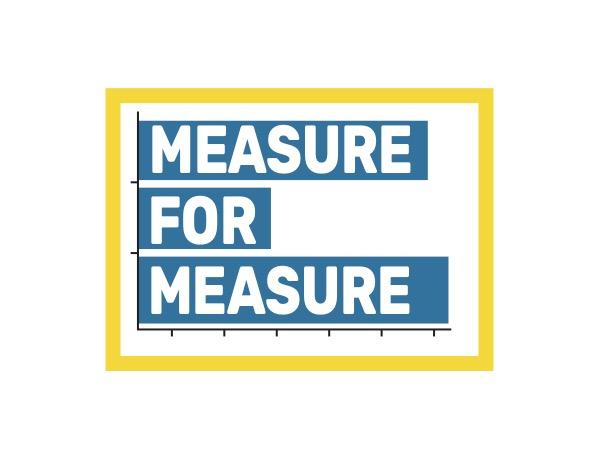Pro-Social Parents Sing More to Their Infants and, By Doing So, Contribute to Greater Language Acquisition, Study Suggests

Plenty of studies, some of them published by the Arts Endowment, have shown how arts participation in early childhood appears to awaken greater social skills and behaviors at a crucial stage of development. It’s no surprise, especially among infants and toddlers, that most arts activities involve a parent or caregiver.
It stands to reason, therefore, that parents’ own preferences or backgrounds, their beliefs about the arts, and even their overall attitudes toward social engagement, might play a role in determining whether the parents involve their children in the arts, and—for that matter—whether their children experience positive outcomes associated with these activities.
In the peer-reviewed journal Infancy, a new article, titled “Parental Social and Musical Characteristics, the Home Music Environment, and Child Language Development in Infancy,” pursues these very questions. Authored by Ashley Boyne, Camila Alviar, and Miriam Lense—and supported in part by a NEA Research Lab award to Vanderbilt University Medical Center—the study tracks 43 caregiver/infant pairings (i.e., dyads) over a year and a half.
Throughout this period, the researchers examined whether parents who enjoy other social activities were more likely than other parents to cultivate a “home music environment,” and whether they were more likely to sing and even more likely to report believing in the positive impacts of music for their children. By way of comparison, Boyne and colleagues also investigated whether parents’ levels of musical training predicted their home music environment, their likelihood of singing, and their beliefs about music.
The researchers then sought to understand whether this constellation of parental and household factors, in turn, predicted language development among infants. On this topic , the article cites an extensive body of literature, preeminently from neuroscience and cognitive psychology, showing how auditory processing of musical rhythms, and interpretation of audiovisual cues, can assist with language growth and expressive communication skills.
At various time points throughout the study, researchers administered a series of surveys to the parents/caregivers. The questionnaires separately gauged the home music environment of the parents (e.g., the degree of parent-child interaction around music-making, and the degree of the child’s active engagement with music), the parents’ extent of musical training, the parents’ beliefs about music (e.g., whether it “has an impact on [the] child’s intelligence”), and their self-reported levels of social competence. A separate inventory tool asked each parent to report, via checklist, how many and what types of words their infants spoke, words they understood, and gestures they made.
Analyses showed that social motivation was positively correlated with the home music environment—specifically, with parent beliefs in the power of music, and with parents singing to their infants. As for parents’ formal musical training, this variable was related solely to parents’ beliefs about music. It did not correlate with parent-child musical interactions. Thus, “parent social motivation was a stronger predictor of the home music environment than musical training,” the researchers write.
But what difference do parents’ musical habits and beliefs make in contributing to language development among infants? The study found that “the overall home music environment and specifically, parent singing, positively correlated with child language development across 9–18 months of age when considering multiple domains of language: vocabulary comprehension, vocabulary production, and gesture production,” the article states.
“In contrast, we found no association between (parent-reported) parent beliefs and child language development,” the authors add.
To Boyne et al., the overall findings’ implications are plain. “Musical interactions provide a positive, highly social, and, in the case of singing, linguistically rich experience,” they write. “It is through these types of social interactive contexts that children learn and advance their communicative skills. The connection between parents' self-reported active singing behaviors with their infant and infant language and gesture development”—for example, in nursery rhyme singalongs—"also highlights the embedded nature of infant learning, where children's skills are developed by interacting with their everyday environments.”
For all that, “it requires more than parents' belief in music for music to impact their child's development; parents must actively take steps to create this musical environment,” as the study demonstrates. “Enriching musical engagement with infants is likely more about the positive and interactive social experience rather than highly skilled musical experiences,” i.e., the parents’ level of musical training.
In other words, to quote Hamlet, the readiness is all. Parents who might give a second thought about their lack of musical training or experience: don’t hesitate! Sing to your babies. But then, if you consider yourself socially active, you probably are doing this already.
Sunil Iyengar directs the NEA Office of Research & Analysis.




